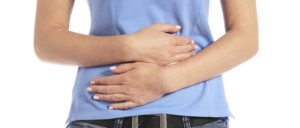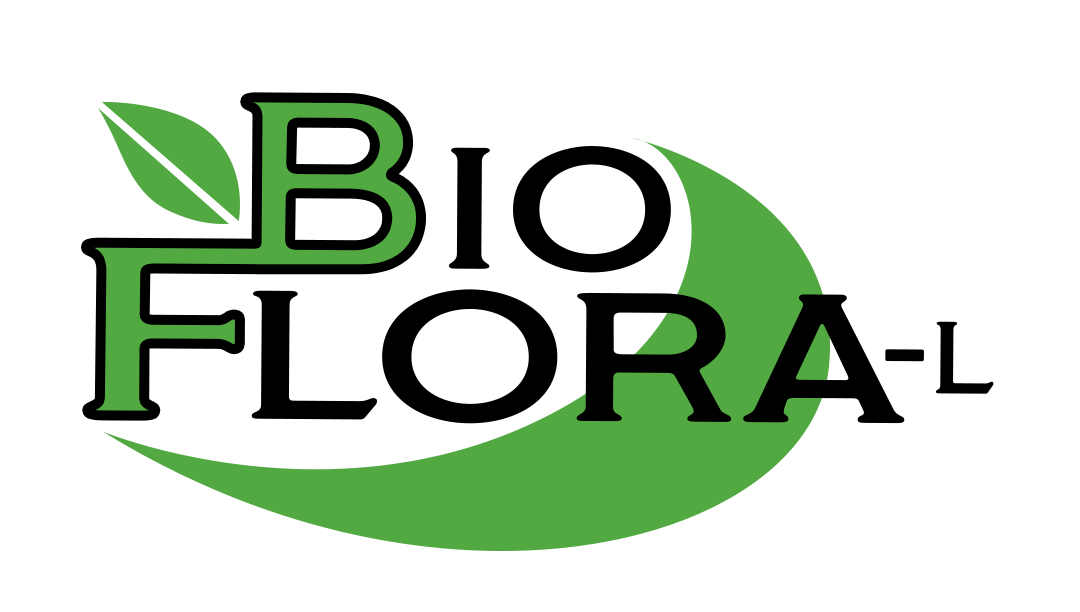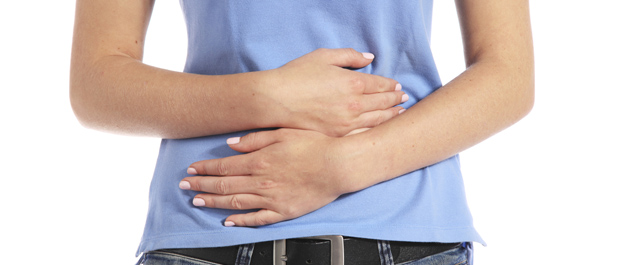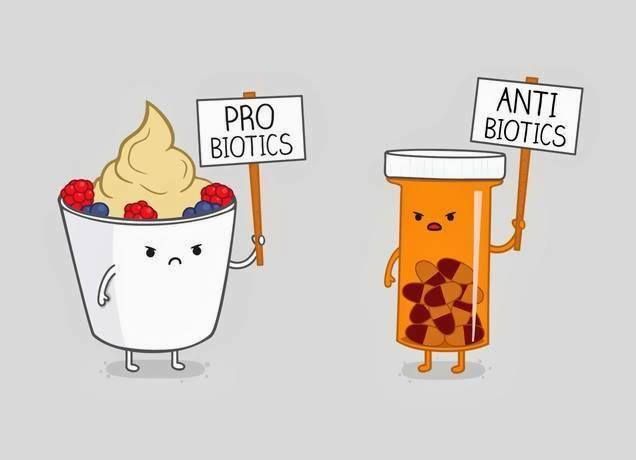How Can Probiotics Help?
 With the increasing popularity of probiotics in the 90’s, more researchers began to do extensive study on its “good” bacteria. Results have shown that they help not only with the digestive system but other health problems as well ranging from eczema to colds.
With the increasing popularity of probiotics in the 90’s, more researchers began to do extensive study on its “good” bacteria. Results have shown that they help not only with the digestive system but other health problems as well ranging from eczema to colds.
These “good ” bacteria are present in yogurt and in mostly fermented foods such as miso, sauerkraut, kombucha and kefir. They are also packaged as supplements that come in all forms like capsules, pills, powders and liquids. It is important that you choose which supplement will work for you as each carries different strains of bacteria and will have different effects on your body.
In 2008, at Yale University, a trained.panel reviewed a research and graded the strains of probiotics as to how they work on particular health problems. The following conditions got the highest score in terms of healing benefits.
Childhood Diarrhea
It was found in the research that probiotics can actually reduce the attack of diarrhea in children. Unfortunately however, in terms of diarrhea prevention, the findings were not as encouraging.
Saccharomyces boulardii, Lactobacillus GG,Lactobacillus reuteri, Lactobacillus casei, or Lactobacillus rhamnosus maybe helpful for childhood diarrhea. On the same note, Bifidobacterium bifidum combined with Streptococcus thermophilus can help keep children safe from diarrhea caused by rotavirus.
Diarrhea from Antibiotics
The body reacts differently when you’re into antibiotics. To others, taking antibiotics can result in diarrhea. It was found out that while targeting the bad bacteria, these strong drugs can also kill the ‘good’. Probiotics help prevent this type of diarrhea in children and adults alike.
Inflammatory Bowel Disease (Pouchitis and Ulcerative Colitis)
If you have undergone surgery for ulcerative colitis, there are times that the surgeon will create a pouch or an opening after a big portion of your colon is removed. Sometimes pouchitis happens where its lining can get swollen and irritated. Probiotics may help prevent flares of this kind, although it can’t be reversed once the swelling has begun.
Eczema
If your child has an allergic reaction to cow’s milk, probiotics may help. For atopic eczema, try Lactobacillus GG,Lactobacillus rhamnosus, or Bifidobacterium lactis. If eczema runs in your family, taking probiotics during pregnancy may protect your newborn from acquiring it.
Irritable Bowel Syndrome
People with IBS may have diarrhea, constipation or both. Bifidobacterium infantis, Bifidobacterium lactis, Lactobacillus plantarum, Lactobacillus acidophilus, Saccharomyces boulardii, or a combination of probiotics help regulate bowel movements and ease bloating.
Necrotizing Enterocolitis
Premature babies are at risk of this serious disease where tissue in the intestines becomes damaged and dies. It is an acquired disease characterized by mucosal or even deeper intestinal necrosis. Recent studies show that using Lactobacillus rhamnosus GG with the supplement bovine lactoferrin can help keep it under control. Bifidobacterium infantis combined with Lactobacillus acidophilus may also help stave off this problem in sick newborns.
Other Possible Probiotic Benefits
Researchers have found probiotics to be of help to patients suffering from the following conditions:
- Children’s colds
- Urinary tract and vaginal health
- Allergies and asthma
- Lactose intolerance
- Childhood stomach and lung infections
- Mouth health
- Joint stiffness
- Traveler’s diarrhea





Leave a Reply
You must be logged in to post a comment.